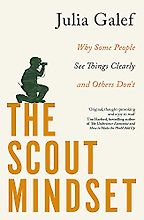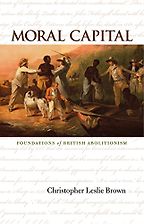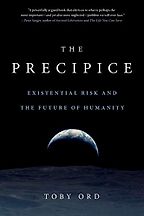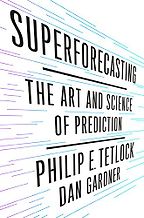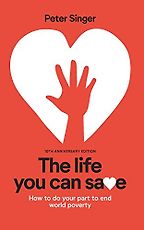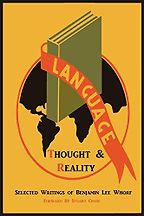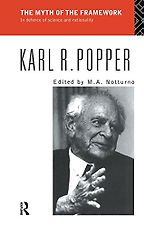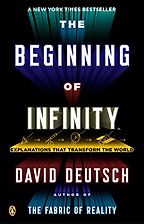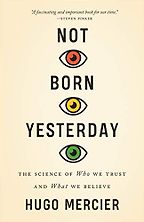Books by Julia Galef
“I put The Scout Mindset on the list because the ability to reason very carefully and have a curious, truth-seeking attitude is of enormous importance. We can be pretty good at it for issues that are not very high stakes. If you’re learning about a topic in school and it doesn’t have to do with anything that’s really facing you, it’s easy to be impartial. Then, when you’re talking about very morally sensitive, high-stakes, life-or-death issues, it can be much harder to have what Julia Galef calls a ‘scout mindset.’” Read more...
Will MacAskill, Nonprofit Leaders & Activist
Interviews where books by Julia Galef were recommended
-

1
Moral Capital
by Christopher Leslie Brown -

2
The Scout Mindset: Why Some People See Things Clearly and Others Don't
by Julia Galef -

3
The Precipice: Existential Risk and the Future of Humanity
by Toby Ord -

4
Superforecasting: The Art and Science of Prediction
by Dan Gardner & Philip E Tetlock -

5
The Life You Can Save
by Peter Singer
The best books on Longtermism, recommended by Will MacAskill
The best books on Longtermism, recommended by Will MacAskill
There is so much suffering in today’s world it’s hard to focus attention on future generations, but that’s exactly what we should be doing, says Will MacAskill, a leader of the effective altruism movement. Here, he introduces books that contributed to his thinking about the long-term future and the “silent billions” who are not yet able to speak for themselves.
-

1
Language, Thought, and Reality
by Benjamin Lee Whorf -

2
The Myth of the Framework: In Defence of Science and Rationality
by Karl Popper -

3
The Beginning of Infinity: Explanations That Transform the World
by David Deutsch -

4
Not Born Yesterday: The Science of Who We Trust and What We Believe
by Hugo Mercier -

5
The Scout Mindset: Why Some People See Things Clearly and Others Don't
by Julia Galef
The best books on Language and Post-Truth, recommended by Nick Enfield
The best books on Language and Post-Truth, recommended by Nick Enfield
The word ‘post-truth’ may only have entered the Oxford English Dictionary in the last decade, but the phenomenon it describes is much older and deeper, connected not so much to the latest internet trend as the fundamentals of human cognition and communication. Here, linguistic anthropologist Nick Enfield, a professor at the University of Sydney and a member of its fighting truth decay research node, introduces the best books to get thinking about the complex relationship between language and reality.
